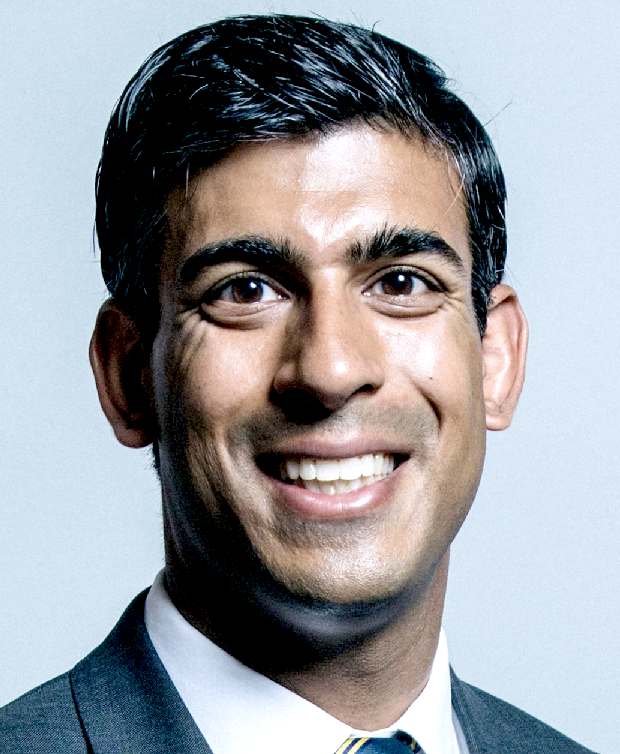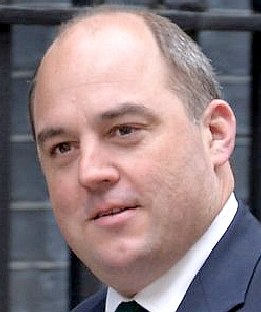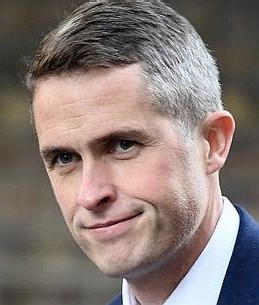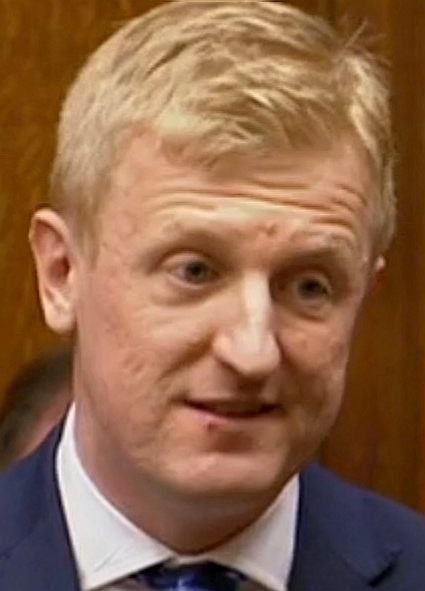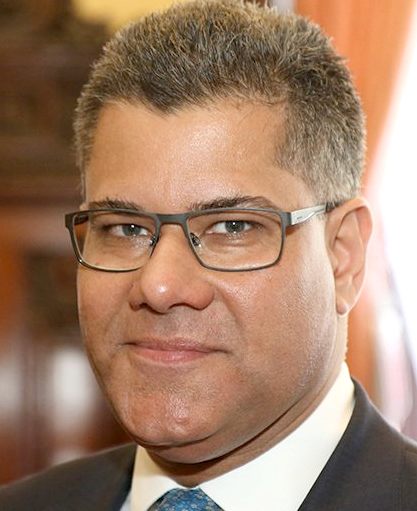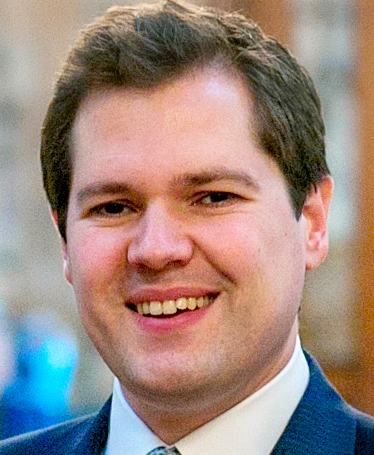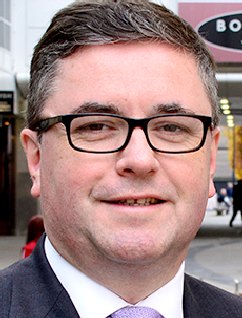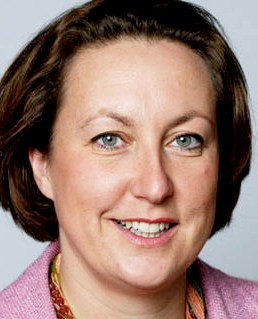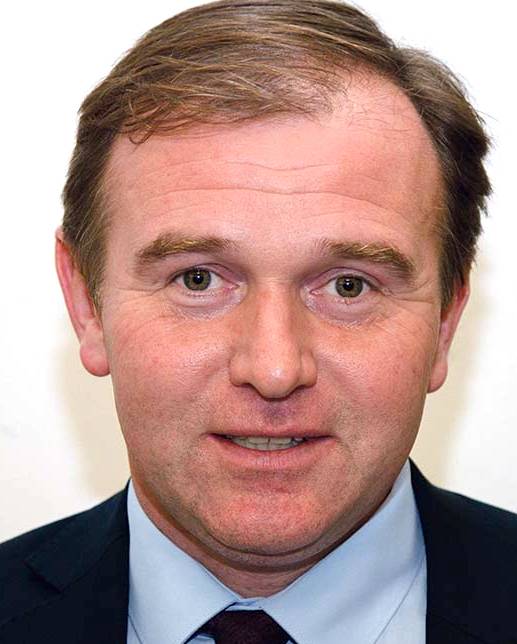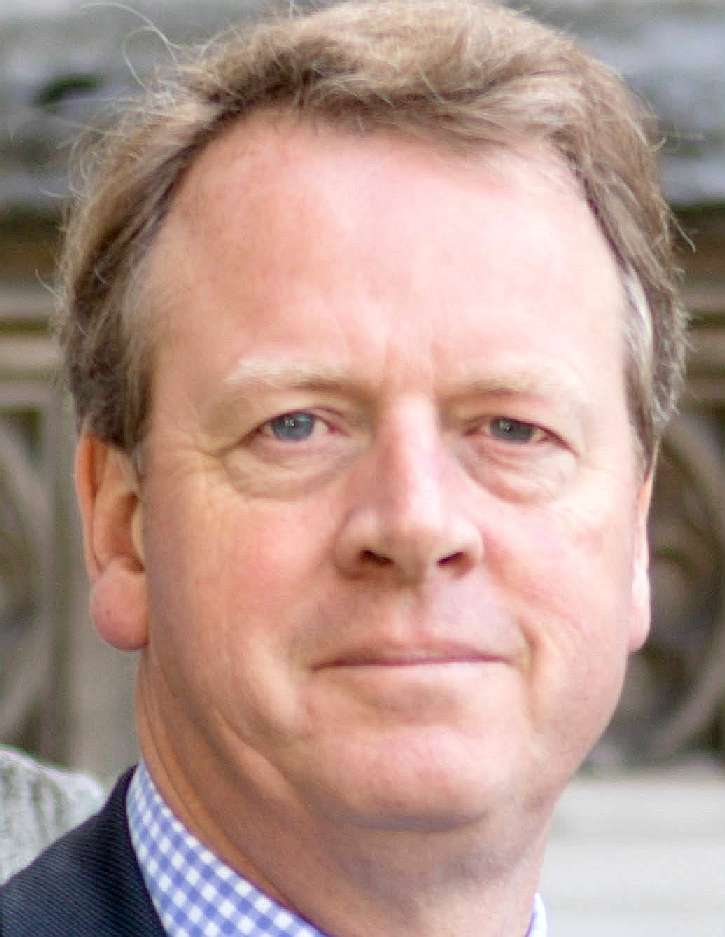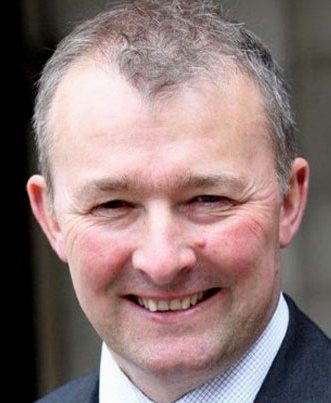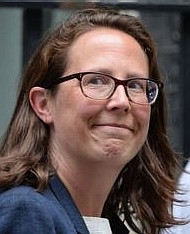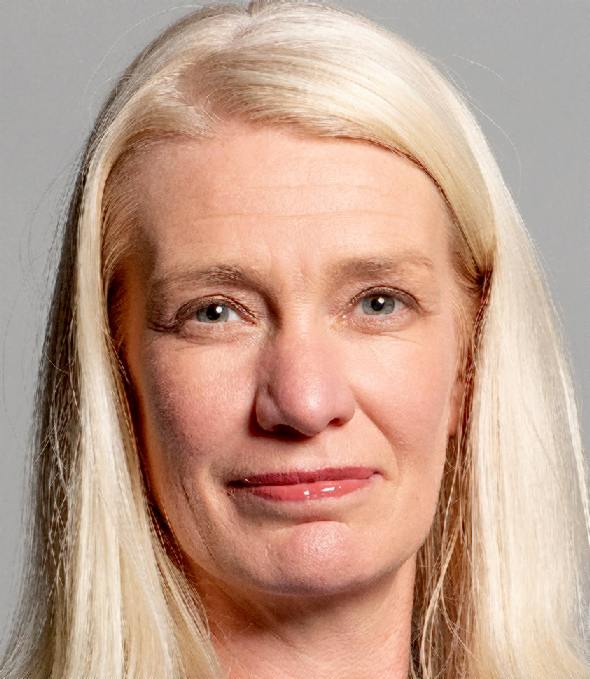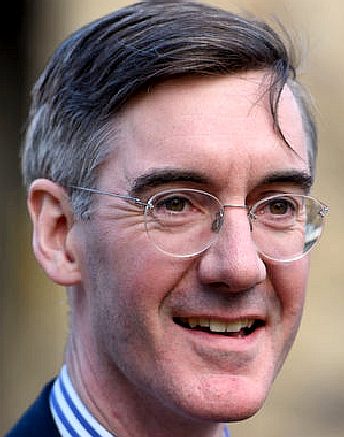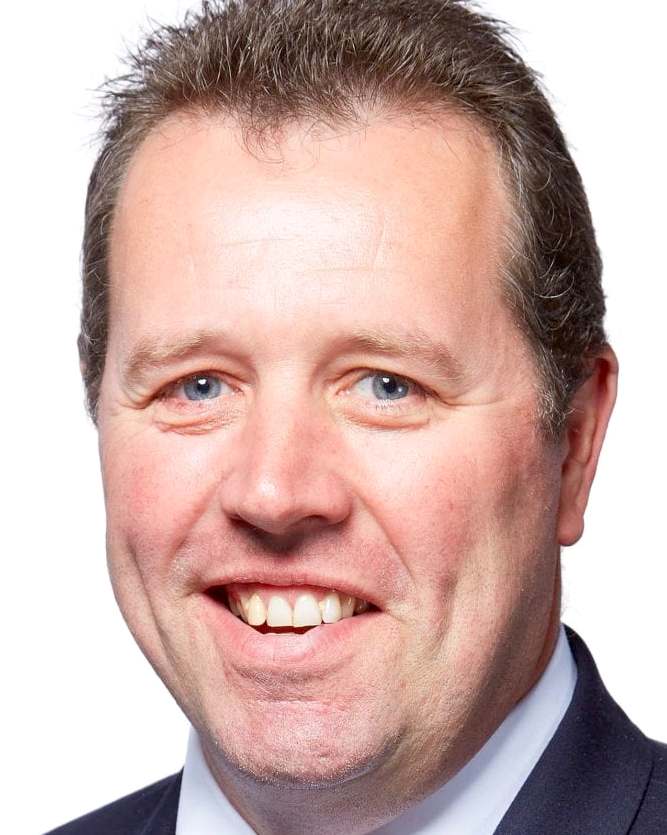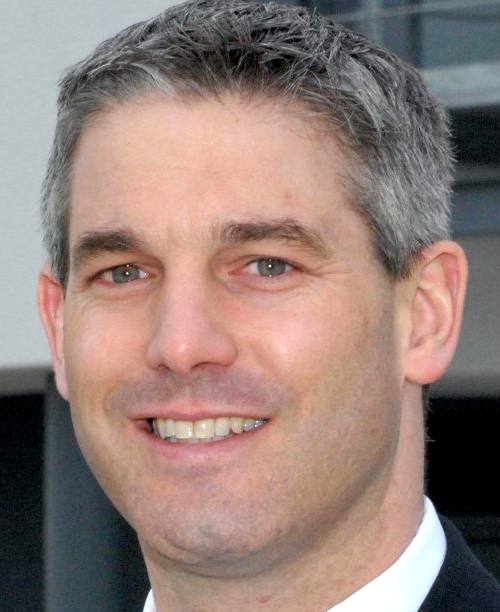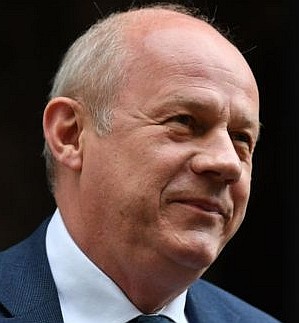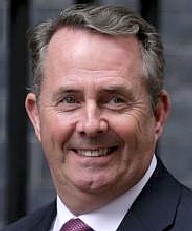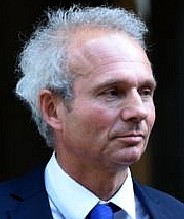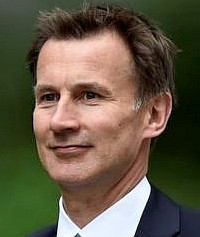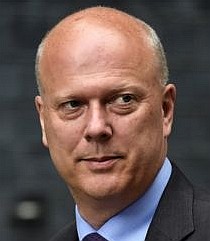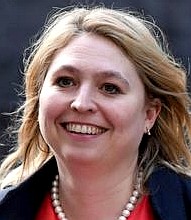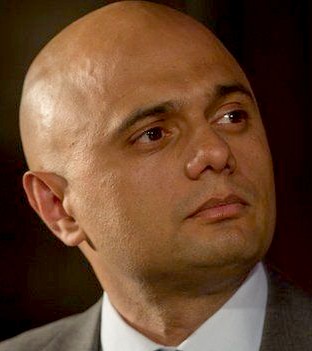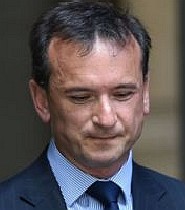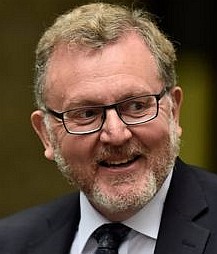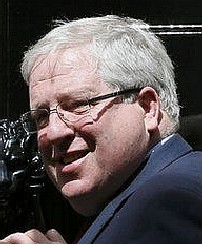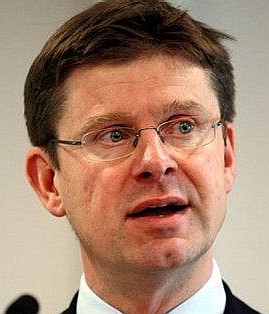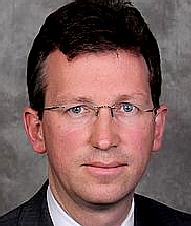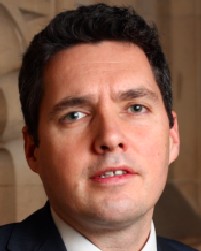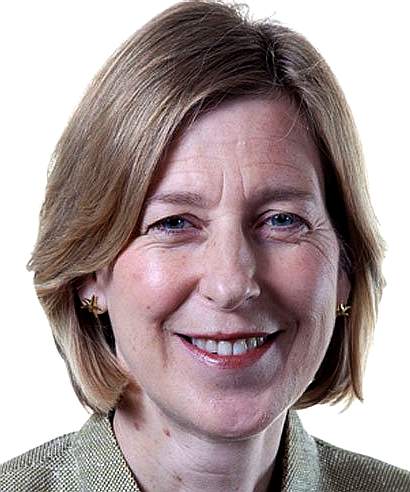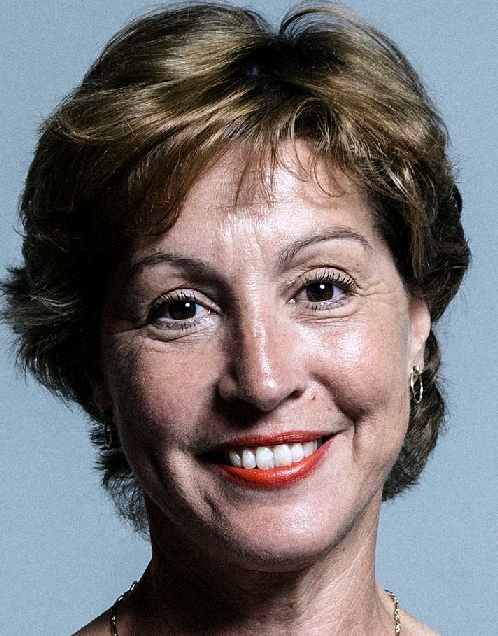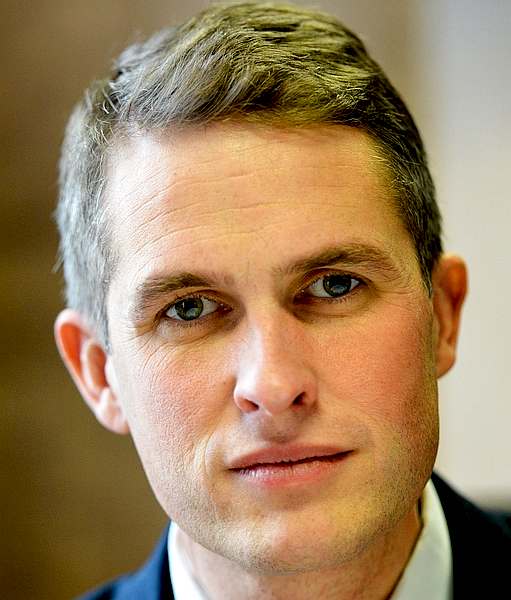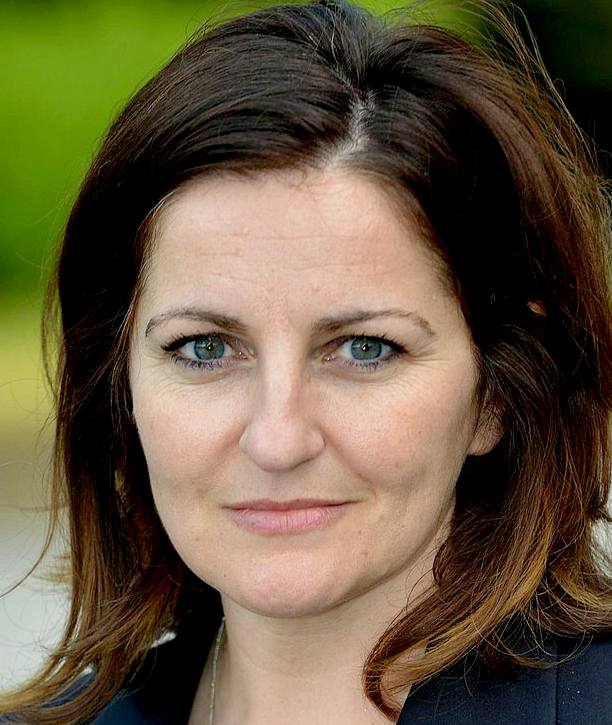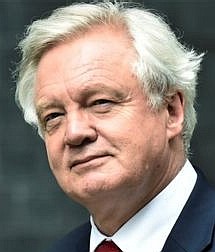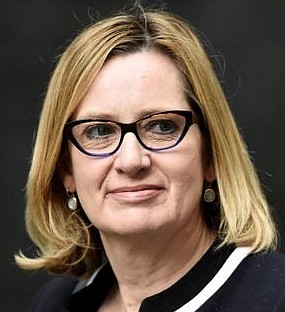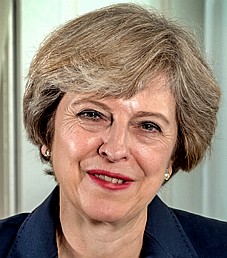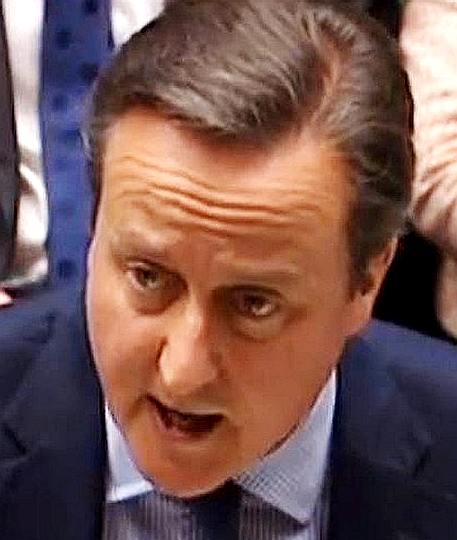|
GRANT SHAPPS
|
||||||||||||||||||||||||||||||||||||||||||||||||||||||||||||||||||||||||||||||||||||||||||||||||||||||||||||||||||||||||||||||||||||||
GRANT SHAPPS
The Rt Hon Grant Shapps was appointed Secretary of State for Transport on 24 July 2019 in Boris Johnson's cabinet. He was Minister of State at the UK's Department for International Development from 11 May 2015 until 28 November 2015. He was elected the Conservative MP for Welwyn Hatfield in 2005. During Bojo's September 2021 re-shuffle, he remained the transport minister.
Grant was appointed Vice Chairman of the Conservative Party in 2005, before being made Shadow Housing Minister in June 2007. Following the 2010 election, he served as Minister of State for Housing and Local Government in the Department for Communities and Local Government. Grant was appointed to the Privy Council in June 2010. In September 2012 he was appointed as co-chairman to the Conservative Party. At the same time he held the position of Minister without Portfolio at the Cabinet Office.
We only have the one Planet Earth, there is no Planet B. We must then look after what we have for the future of our children.
The UK government has set ambitious targets to reduce
greenhouse gas
(GHG) emissions to net zero by 2050. The transport sector accounts for the greatest share of UK GHG emissions: 28 per cent in 2018. Recognising the need to scale up efforts in the transport industry, the UK’s first Transport Decarbonisation Plan was announced in October 2019 to bring together a bold and ambitious programme of coordinated action needed for transport to play its part in reaching net
zero transport emissions by 2050.
This is a proposed interim measure that does not deal with carcinogens that cause lung cancer, among other diseases. If you feel strongly that we should get rid of vehicles that cause global warming altogether, why not write to Mr Shapps and tell him what you think? We think ICE vehicles should carry a government health warning, with the right to compensation for lung cancer victims.
FOSSIL FOOLS - Geriatric politicians with 'climate-senile' policies will find in difficult to break away from their corrupt ways, as part time politicians with two jobs. Their main job being to find paid consultancy work, rather than craft policies and create statute that works to protect our voters from lung cancer, energy shortages and a lack of affordable (sustainable) housing.
The 'zerophobics' are the undertakers of the political world, sending millions of ordinary people to an early grave, while loading us with NHS, hospital and staff costs that would not be needed if we had clean air in our cities.
Basically, the longer you are in politics, the more likely you are to be exposed to bribes, from climate deniers, mostly fossil fuel and energy companies, looking to keep on pumping toxic fumes into the atmosphere, so they can keep making money. The political undertakers are working with them to keep hospitals stocked with cancer victims. They are blood sucking vampires, draining what little you had saved for your retirement.
ACCORDING
TO KPMG (Klynveld Peat Marwick Goerdeler)
Air pollution is considered the world’s greatest environmental risk to health, accounting for 7 million global deaths annually. It has been termed a global public health emergency by the WHO. In the UK alone, an estimated 40,000 lives are cut short annually because of air pollution. Costs to society, business and health service add up to more than £20 billion each year. Carbon emissions, i.e. air pollution produced by internal combustion engine (ICE), including nitrogen oxides, volatile organic compounds, carbon monoxide, carbon dioxide, particulates and sulphur dioxide, therefore constitute a major public health issue.
The sale of new petrol and diesel cars and light commercial vehicles (LCVs) is already set to be banned in the UK by 2040 but the CCC has recommended bringing this forward to 2035 or even 2030, if the target of net zero emissions by 2050 is to be achieved.
Increasing numbers of Ultra Low Emission Zones (ULEZs) are set to come into existence in cities around the UK between now and 2026, with London’s ULEZ already in force. We can expect to see the definition of ‘ultra-low’ falling progressively over time, from 75g of carbon per kilometre now to perhaps 50g for cars and LCVs.
It has been estimated that a 44% reduction in the surface transport and residential sector is needed if the UK is to meet its 5th carbon budget.
Particular action is needed on medium and heavy goods vehicles, which so far have escaped the regulatory pressure placed on cars and LCVs. The UK Government’s Road to Zero strategy proposed only a voluntary reduction of 15% in greenhouse gas emissions for HGVs by 2025.11 Even if this is achieved, it will leave a mountain to climb by 2050. However, the EU has passed new rules requiring CO2 emissions from HGVs to be reduced by 15% by 2025 and 30% by 2030.
Infrastructure is another key issue, with extensive charging networks required. The government has set up a £400m Charging Infrastructure Investment Fund, although more investment will undoubtedly be needed.
These challenges include the fact that electrification,
hydrogen and bio-LNG are the only true zero-emission solutions, as well as the prohibitive cost and battery size and load or range restrictions for battery electric vehicles, and the nascent stage of hydrogen technology. Hydrogen fuel cell technology still lacks proof of concept and will require significant investment in re-fuelling infrastructure, which currently does not exist.
No single part of the ecosystem can achieve this on its own. The government’s adoption of the 2050 zero emission target fires the starting gun for what must be a new phase of increased investment, determination and coordination of efforts.
OFGEM'S DECARBONISATION ACTION PLAN
However, the CCC recommend that all new vehicles sold (excluding heavy goods vehicles (HGVs)), should be low carbon by 2035 at the latest, and preferably by 2030.11 The CCC forecasts a required 46 million electric vehicles on UK roads by 2050. This will need new charging infrastructure – the CCC estimates that 3,500 rapid and ultra-rapid chargers near motorways and 210,000 public chargers in towns and cities will be needed, up from 30,000 public chargers of all speeds currently installed.
Increased uptake of electric vehicles creates a rare
opportunity for a win-win-win for society, through lower carbon emissions,
improved air quality and a more robust and low-cost energy system. But this
will only be achieved if drivers are supported to charge their vehicles typically at off-peak times, for
example, through smart charging. Support for drivers using their electric
vehicles in novel ways will also be needed, for example by ‘vehicle-to-grid’ technology
to share energy from car batteries back to
the electricity grid when it is needed.
(1) testing the impact of various time-of-use style tariff designs on consumer electricity consumption patterns and
(2)
testing methods of increasing the adoption of smart charging, either through managed charging or
timeof-use style tariffs amongst EV owners, e.g. default versus opt-in enrolment.
INFRASTRUCTURE CLAIMS
According to their website, the Boris Johnson's government’s is investing £1.5 billion in charging infrastructure, to encourage people to switch to clean transport that is powering the electric transition across the UK’s roads.
Head of Go Ultra Low, Poppy Welch, is quoted as saying:
Roads media enquiries
Unleaded petrol currently contains up to 5% bioethanol, a grade known as E5, whereas E10 petrol contains up to 10% bioethanol and is not currently available.
Or write to:
GRANT'S HISTORY
Boris Johnson appointed Shapps Secretary of State for Transport upon his accession to
Prime
Minister. In the February 2020 cabinet reshuffle he retained this portfolio.
In November 2012, Shapps hired
Australian strategist Lynton Crosby to provide strategic advice and run the 2015 election campaign. Credited with helping John Howard to win three Australian elections and the re-election of
Boris Johnson as Mayor of London, Crosby is a controversial figure who was accused of having influenced government smoking policy in July 2013.
In March 2013, Shapps defended the Welfare Reform Act 2012 (often referred to as the "Bedroom Tax") saying his own children share a bedroom. That September, Shapps complained to the Secretary-General of the United Nations about a press release issued in its name stating that the bedroom policy went against human rights. The UK consistently flaunts human rights in not guaranteeing an Article 13 effective remedy and numerous other violations if you take the time to look. There is no Article 1 or 13 in our Human Rights Act 1998, demonstrating the mindset of the State. Legal Aid cuts is another violation, this time Article 6 is breached.
In the same year, Shapps was criticised by Andrew Dilnot, Chairman of the UK Statistics Authority, for wrongly claiming that nearly one million people on disability benefits had dropped their claims rather than face medical checks. The real figure was 19,700.
As Minister of State for Housing, Shapps promoted plans for flexible rent and controversially ended automatic lifetime social tenancies. He also introduced the New Homes Bonus which rewarded councils for building more homes. He denied claims that changes in Housing Benefit rules would be unfair claiming that ordinary people could no longer afford some of the homes paid for by the £24bn Housing Benefit bill. Shapps championed Tenant Panels.
In terms of climate change, he might have introduced binding targets for affordable (sustainable) housing, such as flatpacks with free approved designs and automatic planning permission. Instead, councils were allowed to run riot, going on a building spree that included usurping green belt and other land that was protected, where climate unfriendly housing hit boomtown proportions as the fat-cat kleptocrats moved in for the kill.
At the 2011 party conference, Shapps backed the expansion of right to buy with the income being spent on replacing the sold housing with new affordable housing on a one for one basis. This did not happen of course. Mainly because the loopholes were left wide open.
In 2012, Shapps launched StreetLink – a website and phone app for the public to bring help to rough sleepers.
Shapps publicly backed David Cameron's bid for the leadership of the Conservative Party, seconding Cameron's nomination papers. Upon Cameron's election as party leader Shapps was appointed vice chairman of the Conservative Party with responsibility for campaigning.
He was a member of the Public Administration Select Committee between May 2005 and February 2007. At the 2010 general election he was re-elected with an 11.1% swing and a majority of 17,423, taking 57% of the vote. Shapps was opposed to the UK's withdrawal from the European Union prior to the 2016 referendum, but then voted for it in 2019.
CONTACT GRANT
House of Commons
https://twitter.com/grantshapps grant@shapps.com
FORMER TRANSPORT UNDER SECRETARY - Claire Perry was a former transport under secretary of state. She might have moved a little quicker, as might Michael Gove. But the real blame for the mess we are in rest with the civil servants and instructing politicians going back to the 1990s. Red Flag policies were rife with petrochemical lobbyists ruling the day.
CABINET MPS -MARCH 2020
CONSERVATIVE MPS 2017-2020
UK
POLITICS The United Kingdom has many political parties, some of which are represented in the House of Commons and the House of Lords. Below are links to the websites of the political parties that were represented in the House of Commons after the 2015 General Election:
CO-OPERATIVE PARTY DEMOCRAT UNIONIST PARTY PLAID CYMRU SINN FEIN SOCIAL DEMOCRATIC AND LABOUR PARTY UK INDEPENDENCE PARTY ULSTER UNIONIST PARTY
Social Democratic and Labour Party
SIX (SUGGESTED) STEPS TOWARD A COOLER PLANET
1. TRANSPORT: Phase out polluting vehicles. Governments aim to end the sale of new petrol, and diesel vehicles by 2040 but have no infrastructure plan to support such ambition, other than the ambition to support innovation, although this ambition and how support is made available where it counts is yet to be detailed. Land transport holds the greatest potential to lower the UK's carbon footprint, over marine transport. Systems and supportive policies need to be put in place to allow Buses, cars and trucks to recharge conveniently. Some level of standardization and flexibility should be demanded by policy makers, including the requirement for OEMs to collaborate to find practical solutions.
Marine transport can be carbon neutral. Zero carbon shipping is gaining ground with offshore solar boat racers reaching 35knots (Delft University @ Monaco 2019). The first solar powered circumnavigation record was set in 2012 by PlanetSolar. That record could be halved by another contender on the drawing board. Using solar and wind power, combined with smaller vessels and more frequent sailings, could provide a zero carbon solution but will require the shipping industry to rethink their bigger is better attitude.
2. RENEWABLES: Renewable energy should replace carbon-based fuels (coal, oil and gas) in our electricity, heating and transport. We are well on the way to that with solar and wind power now price competitive to fossil fuels.
3. HOUSING: On site micro or macro generation is the best option, starting with new build homes that are affordable and built of wood for improved insulation and carbon lock. New units might not need planning consents if energy self-sufficient, or very nearly so. Planning consents should be struck for genuinely affordable/sustainable housing and self builds where cost is below £50,000. See letter to Nus Ghani July 2019.
4. AGRICULTURE: We need trees to absorb carbon emissions from a growing population, flying, and to build new homes. Reducing food waste and promoting less energy intensive eating habits such as no meat Mondays.
5. INDUSTRY: Factories should be aiming for solar heating and onsite renewable energy generation. This could be done simply by making it a 106 type (mitigation) condition of new builds that they include solar heating and photovoltaic panels. Too many units were built in the last 3 years without climate friendly features, such as EV charging points.
6. POLITICS: - National governing bodies need to adopt rules to eliminate administrative wastages, restrain local authority empire building, scale down spending on war machines, educate the public and support sustainable social policies that mesh with other cultures transparently. Ban kleptocratic policies. Open your doors to transparency and a new era of honest politics. Local authorities are famous for finding the loopholes to keep on doing favours for mates. Simply close those loopholes with binding statute. Any gray areas should be made black and white in writing. Even then councils will break the law, so introduce a task force to prosecute offending local authorities..
LINKS & REFERENCE
https://home.kpmg/uk/en/home/insights/2019/07/the-decarbonisation-of-uk-transport.html https://members.parliament.uk/member/1582/contact https://www.gov.uk/government/people/grant-shapps https://www.shapps.com/
CLIMATE CHANGE COP HISTORY
DESERTIFICATION COP HISTORY
BIODIVERSITY COP HISTORY
UN CLIMATE ACTION PORTFOLIOS
1.
Finance
|
||||||||||||||||||||||||||||||||||||||||||||||||||||||||||||||||||||||||||||||||||||||||||||||||||||||||||||||||||||||||||||||||||||||
|
AFFORDABLE | CLIMATE | DEVELOPERS | ECONOMY | FLOOD | HISTORY | HOMES LADDER | MORALS | POVERTY | PROPERTY | SLAVERY | TAXES | SLUMS | VALUATIONS | WEALTH
|










